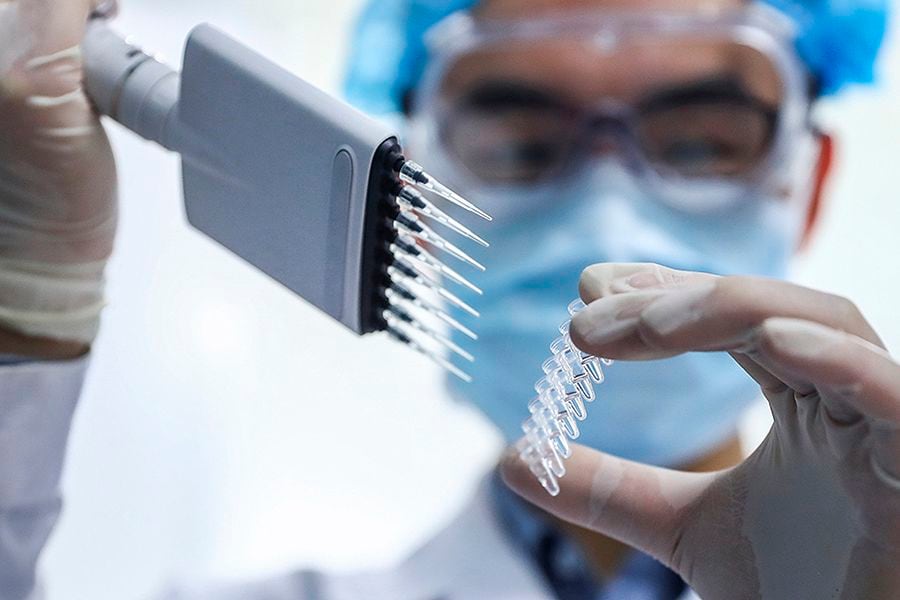A new opportunity to learn

to Flavio SalazarVice-Chancellor for Research and Development, University of Chile
In the past two decades, particularly during modern administrations, debate about the role of science in the alternative development paradigm has emerged in different times and situations. Realistic verification of the loss of momentum of the purely raw material export model revealed the need to place greater value on an economy that more decisively integrates science and technology as pillars of diversification. In addition, the climate crisis and the pandemic, which are currently worsening, have included in the same debate new and urgent challenges related even to our survival, such as the need to protect ecosystems, democratize knowledge, and decentralize research and innovation projects. A multidisciplinary, collaborative culture, with a greater and decisive incorporation of women that gives groundbreaking spaces for the social and human sciences, including art, in building an inclusive development model.
President-elect Gabriel Borek’s program places great emphasis on this strategic objective and is committed to a significant increase in resources to advance science and knowledge under the buildings already described. Despite some important developments, such as the establishment of the Ministry of Science, there are still cultural obstacles that are difficult to overcome in order to achieve the set goals. More important is the perceived suspicion in some sectors of business administration and the state that does not believe in developing their own capabilities and does not trust universities, especially public universities. Technocratic and short-term methods of project evaluation, which emphasize the one and the individual dimension, without establishing a relationship with strategic objectives that facilitate complex evaluations of programs and long-term impacts, limit the scope of their occurrence. Other weaknesses result from the excessive individuality present in an important part of the academy and the disconnect between the goals set in the programs and the expected outcomes and resource needs for their management and implementation.
These difficulties can be overcome through spaces of active participation that capitalize on the enthusiasm generated by the opportunity to collaboratively build a project for a country whose north is sustainable, equitable and harmonious development. The universities that conduct most of the research there, the state and its agencies, the innovative private sector, researchers of all levels of training and communities of regions, who are transforming from the subject of study to the subjects of transformation, must meet.
In this context, constitutional debates are valuable spaces and constitute a great opportunity to highlight the role of science and knowledge in the development and progress of the democratic process in Chile, a role that cannot be confined to a secondary sectoral issue, namely the academics, but should be part of the central debate on society that we want to build.

“Award-winning zombie scholar. Music practitioner. Food expert. Troublemaker.”


/cloudfront-eu-central-1.images.arcpublishing.com/prisa/AHVYMMDSTZDTDBFNZ3LMFUOKNE.jpg)








